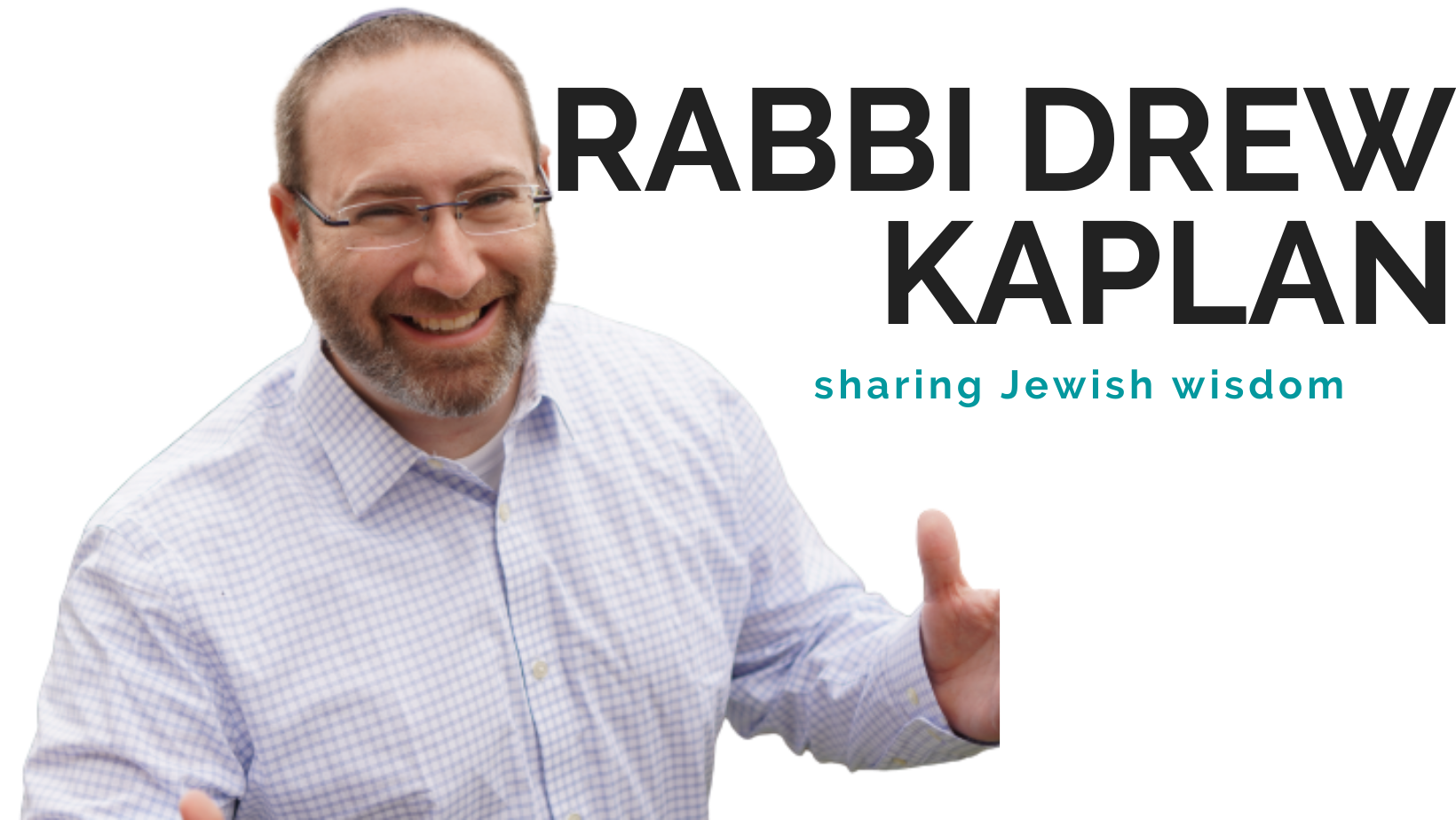
With the current Summer Hillel Institute taking place at the moment, I figured this would be a good opportunity to share some of how I was enriched from taking part in this professional development gathering.*

The clear highlights for me were attending Rabbi Daniel Smokler’s sessions. He did one with a bunch of Jewish educators, rabbis, etc., which was amazing as we were flying through ideas, tools, and methodologies – it was very impressive. I was greatly enriched by it, especially getting a perspective on how different Jews (especially generations of Jews) conceive of their Jewish identities differently. An important tool that he shared with us was his description of a Conversation Arc, which is very helpful, especially to move beyond simply schmoozing. Another key takeaway from it for me was – in his describing primary elements for us to share with our students – the importance of community for students. His presentation is worthy of a lot of time, writing, etc. However, Rabbi Smokler permitted me to record his excellent session, so you can listen for yourself, which is available here (I have listened to it multiple times, despite having been in the room). Another opportunity I had to hear Rabbi Smokler was at a lunch & learn session – to which I chose to go – and also enjoyed.
Another major session I attended was about fundraising. I was hoping it would be about making asks, conversing with donors – skill sets for raising money. Unfortunately, that had been going on during the sessions I was with other Jewish educators. So, since mine was for development professionals about thinking about time spent on development and coming up with a development plan etc., I departed in the midst of it.

A two-part session I attended was incredible. The executive directors of Berkeley Hillel and Princeton Hillel for presented on not only coming up with qualitative metrics (which is, apparently, rare amongst Hillels) but also skillfully weaving it with their vision, goals, mission and strategies. Afterwards, it dawned on me that the phenomenal material and ideas shared would be amazing for ALL Hillel staffs to be considering. I was fortunate in that I was able to convince the executive director of Berkeley Hillel to share some of this incredible work at the west coast Hillel staff conference in the winter (which I co-chaired).
I also want to give sincere appreciation to my alma mater, Yeshivat Chovevei Torah, for sponsoring the handful of alumni to get together for some beers, which was a nice way not only for us to re-connect, but also to share ideas, materials, etc.

Finally, I thought the award presentations were done phenomenally – I have consistently been impressed at how well-run these award presentations are done, year-in and year-out – it is a good model for the rest of the Jewish world.
A couple of realizations I had while attending the conference:
- Since many of our students are not particularly keen on looking at printed texts and discussing them, I thought to move towards a discussion model, less focus on printed texts in front of us. That doesn’t mean necessarily getting rid of them altogether, just not always having to rely upon them.
- Not bothering to put together a monthly pdf and print newsletter anymore. I had been doing them for most of my time in the position (3.5 years to be exact). However, the amount of people actually reading them is too few to justify the time and energy I spend on them. Better to just post stuff on Facebook.
Every time I have attended Hillel Institute, it has been greatly enriching professionally and encouraging in our line of work, as well, especially to give us an energy boost moving into the new school year. (And, yes, I am sad that it moved.)
—————-
* Also, this blog was not present at the time, coming into existence only a few weeks later.
